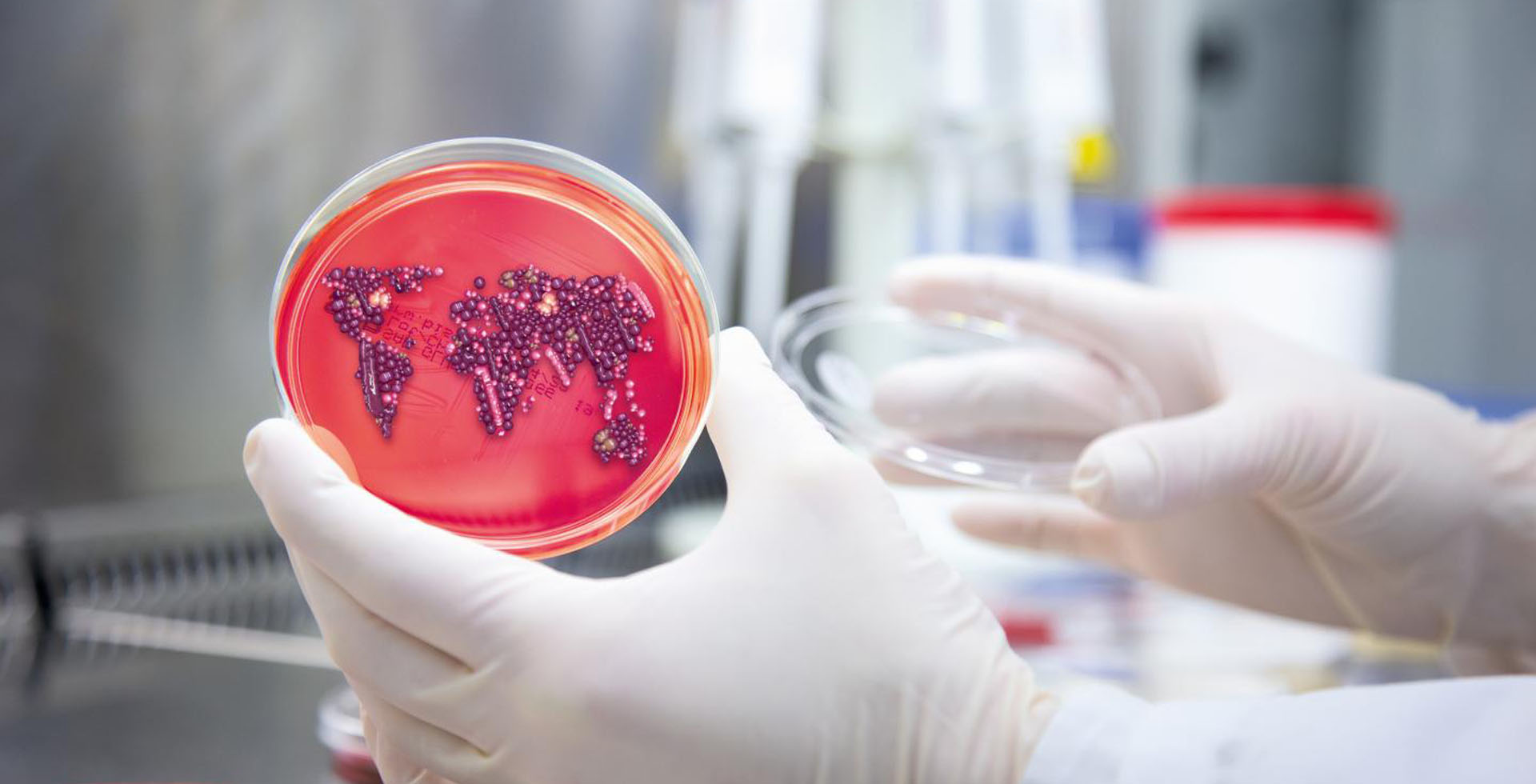A credible solution
In the past new drugs developed entirely from scratch have been higher profile and have received the majority of funding. Repurposing existing drugs as a way to treat AMR has not been widely recognised however it has been the failsafe option for effectively treating difficult diseases such as HIV and TB for decades.
Repurposing existing drugs is advantageous in that it makes better use of our existing resources, requires much lower development costs and can be developed much more quickly. In addition, using drugs in combinations creates less resistance than a single drug used as a treatment and is therefore critical in not generating further resistance.

We believe there is an opportunity to make substantial progress in the fight to tackle AMR by focusing more on our existing inventory of drugs and how to repurpose them successfully in combinations.
In the field of antibiotics for common bacterial infections, the Global Antibiotic Research and Development Partnership (GARDP) has led the way by developing several combinations of old antibiotics. Recently the WHO and Pew trusts have stated that repurposed drugs and combinations would be considered as potential treatments for patients who are suffering from infections with highly resistant infections.